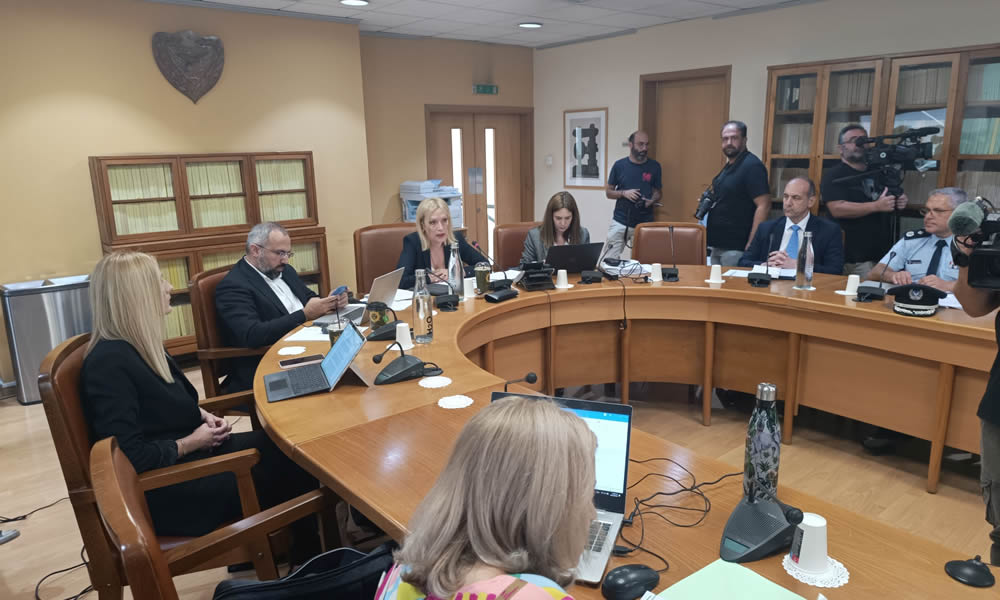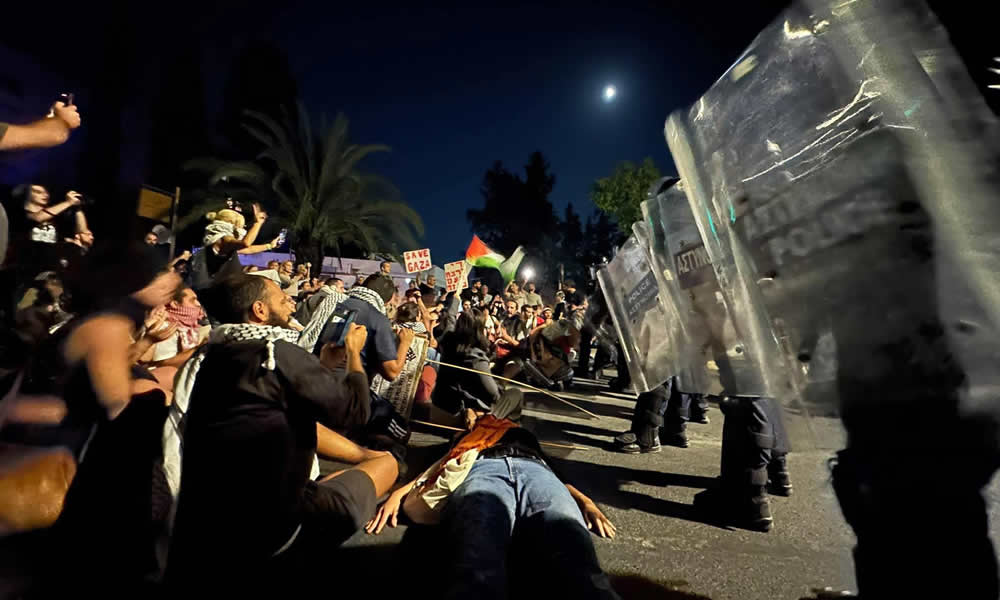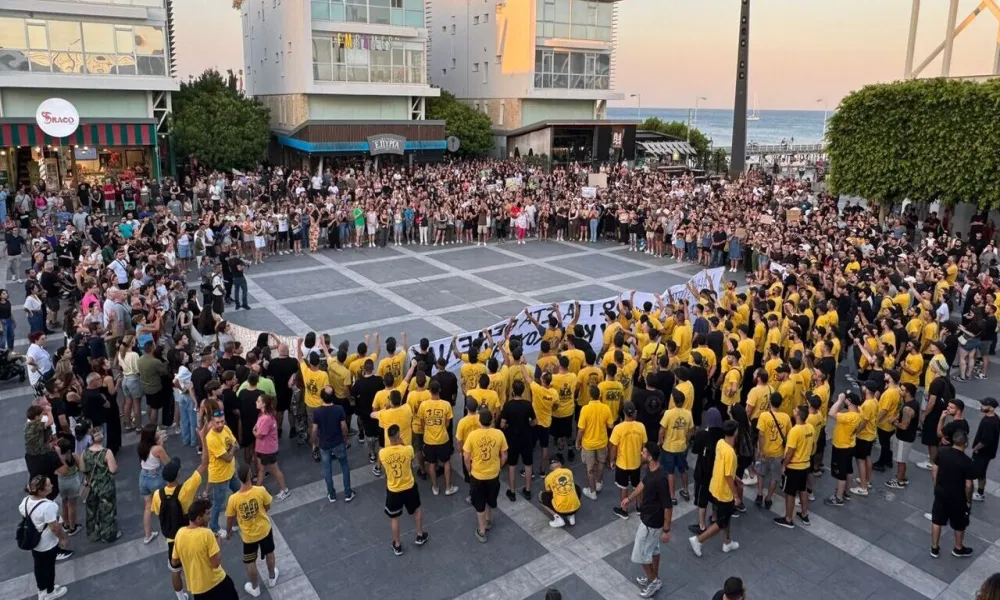The need to amend Cyprus’s new law on demonstrations, assemblies and parades, based on recommendations in an OSCE (Organization for Security and Co-operation in Europe) legal opinion, was acknowledged across the aisle at Monday’s session of the House Human Rights Committee, despite sharp exchanges. Lawmakers agreed the opinion points in the right direction for changes to the statute passed in July, after the law’s first real-world test on 2 October during a protest outside the Foreign Ministry, where police are accused of using excessive force.

The OSCE assessment, requested by Committee chair and OSCE PA Vice-President Irene Charalambidou after the law’s passage, flags what it calls over-broad clauses enabling arbitrary restrictions, excessive liabilities that can make organisers responsible for third-party acts, vague grounds for limiting or dispersing assemblies without clear legality-necessity-proportionality safeguards, weak accountability for police actions and limited avenues for judicial redress, and disproportionate penalties, including imprisonment, that could chill the right to assemble.
Justice Minister Marios Hartsiotis, who attended alongside Deputy Police Chief Panikos Stavrou, defended the police response at the 2 October protest but said he is ready to open a dialogue on amendments aligned with the OSCE guidance. The opinion, he argued, does not alter the law’s philosophy but “reinforces it”; the government will proceed with needed improvements and is open to consultation. He stressed the statute contains no blanket bans and merely provides for written notice to authorities, at an organiser’s discretion, to ensure order and safety; no one is compelled to file notice to hold an event, he said.
Charalambidou countered that changes are required if Cyprus is to comply with human-rights and civil-liberties standards set by international organisations to which it belongs. She said state officials, from the Justice Minister to the Law Commissioner, the Cyprus Bar Association and the Legal Service, expressed readiness to cooperate on revisions.

Deputy Police Chief Stavrou said the force respects efforts to refine the law, noting it is the first time police have a clear statutory framework with internal guidance. On the Foreign Ministry protest, he said participants were asked to move onto the sidewalks and, when they did not, “a degree of proportionate force” was used.
Political flashpoints spill into the committee room
Debate repeatedly veered to charged references, including to Israeli Prime Minister Benjamin Netanyahu, Syrian President Bashar al-Assad and Israel’s recent letter about protest slogans. AKEL MP Giorgos Koukoumas, who attended the 2 October gathering, accused police of untruths about a road closure and called the incident a “dress rehearsal” for how protests will be policed, adding it amounted to servicing Netanyahu. DIKO MP Christos Senekis shot back that the state “does not trade favours,” recalling the Mari blast to claim any such “favours” happened under an AKEL presidency and “cost 13 lives.” DISY MP Onoufrios Koullas bristled at OSCE suggestions, saying “Cyprus is a sovereign state; we will not act under anyone’s instructions,” prompting Charalambidou to ask why the party did not invoke sovereignty when Israel’s diaspora minister wrote to Nicosia over Gaza-related wall slogans.
Independent authority opens probe into police conduct
Separately, the Independent Authority for the Investigation of Allegations and Complaints against the Police (AA.D.I.P.A.) said it has received multiple complaints about the 2 October incidents and will launch a criminal/disciplinary inquiry. Subject to the Attorney General’s consent, the Authority will appoint two criminal investigators to examine whether any offences or disciplinary breaches were committed by police.
